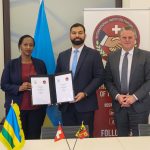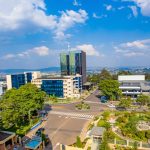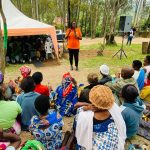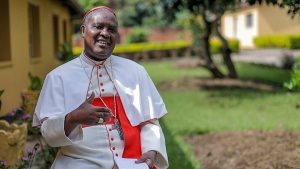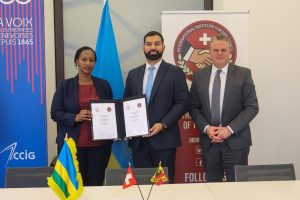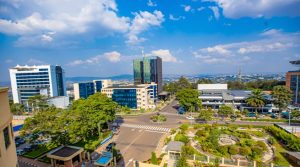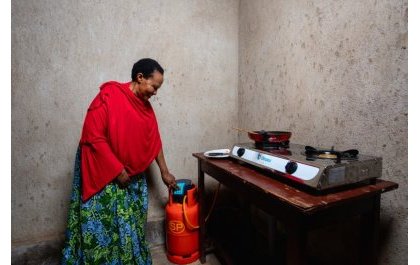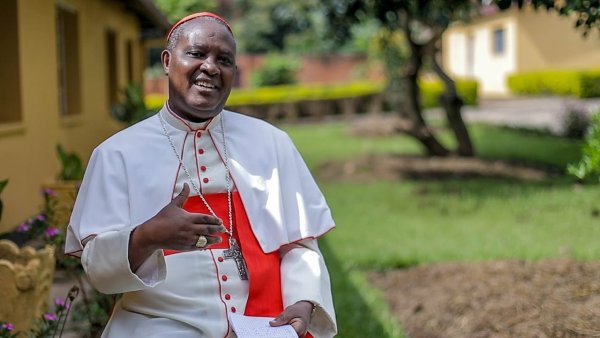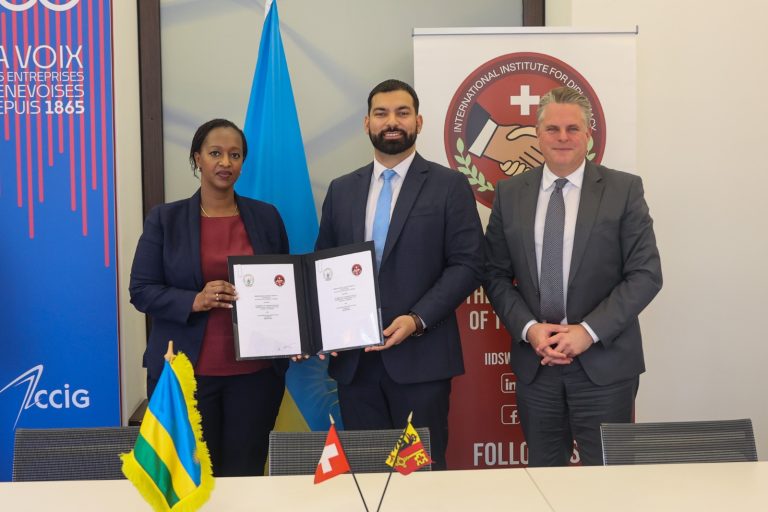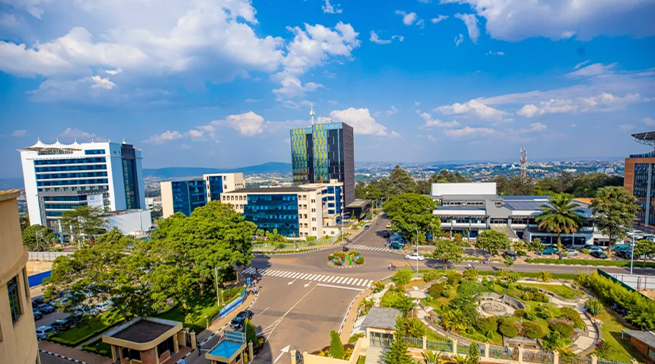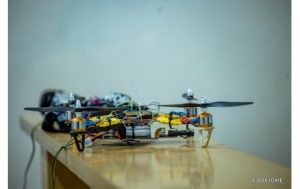The Government of Rwanda, in partnership with the Kingdom of Saudi Arabia, has launched a joint project aimed at helping households adopt clean cooking solutions that protect the environment and improve family well-being. The initiative will supply 50,000 gas cylinders and accompanying cooking stoves to families across Rwanda.
The project is being implemented under the Forward7 initiative, introduced by Saudi Arabia in line with the broader Middle East Green Initiative launched in 2021. This program seeks to promote modern and safe cooking methods as a way to reduce harmful emissions linked to traditional biomass fuels.
Under the project, Liquefied Petroleum Gas (LPG) equipment will be distributed to selected households at an affordable cost over an 18-month period. Bboxx, a company known for its solar energy distribution, will spearhead the rollout in Kigali, Huye, Muhanga, Rwamagana, and Musanze districts.
According to a joint statement released by the Ministry of Infrastructure and Forward7 on October 29, 2025, the distributed package will include a double-burner stove, a 12-kilogram gas cylinder, and an innovative device that allows low-income families to pay only for the amount of gas they consume.
This mechanism is intended to ensure that families who cannot afford to refill a full cylinder at once can still transition to clean cooking techniques. They will be able to refill and pay gradually, stopping only when the portion they paid for is fully used.
The statement emphasized that most households in Rwanda still rely heavily on wood and other biomass fuels for cooking. This partnership aims to significantly reduce wood consumption and promote modern cooking technologies that minimize environmental pollution.
Since the project’s initial phase began in February 2025, more than 6,000 households have already benefited. Extending the project to Rwamagana and Musanze is expected to rapidly increase access to clean cooking energy across the country.
Findings from the latest EICV7 household survey reveal that households using environmentally-friendly cooking energy sources reached 5.4 percent in 2024, up from just 1 percent in 2017. Despite progress, 75 percent of Rwandan households still cook with firewood, while 18.8 percent use charcoal. Only 5.4 percent currently rely on gas, biogas, or electricity.
In Kigali, 23 percent of households cook with gas, 59 percent use charcoal, and 17 percent still depend on firewood.
The project is also aligned with Rwanda’s environmental goals through carbon credit mechanisms that reward reductions in harmful emissions. Funds raised will be reinvested into further clean energy initiatives, reinforcing Rwanda’s long-term climate commitments.
Rwanda continues to expand investments in modern cooking energy. Construction of a facility extracting up to 40 million cubic meters of methane gas annually from Lake Kivu is underway. This plant will make it possible to meet the cooking fuel needs of between 300,000 and 400,000 households.
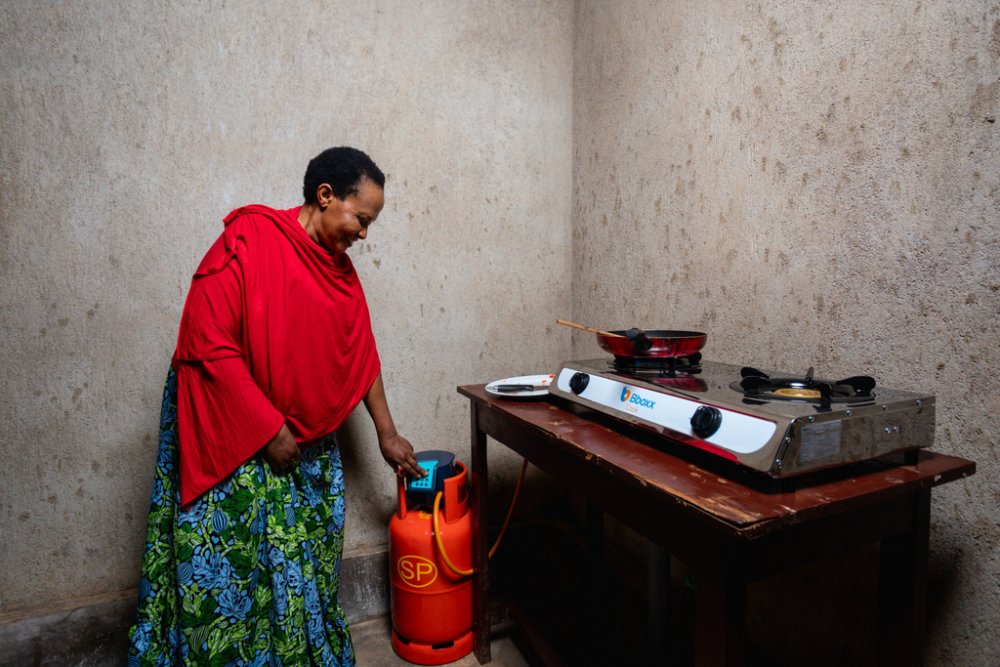
Author: Justinmind HARERIMANA

